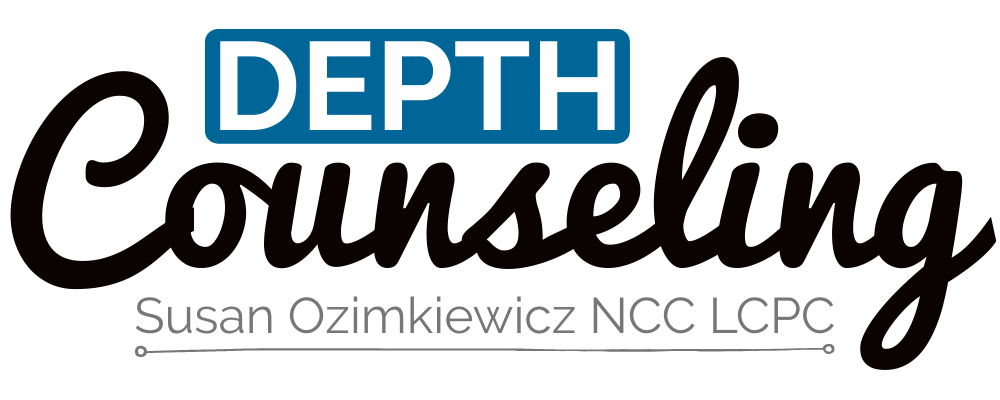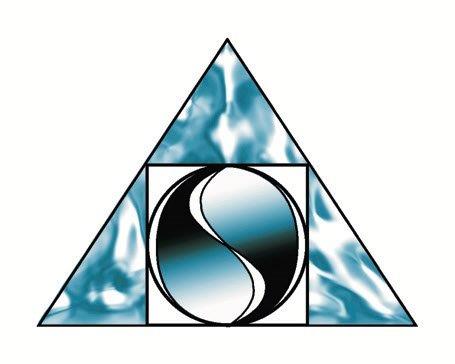Hedgehogs and Foxes
“The fox knows many things, but the hedgehog knows one big thing.” Archilochus
I have noticed that some of my clients are locked into only one thing, or way of being and thinking. Then there are other clients who have so many options that it is difficult to focus on one choice. For some people it easier said than done while for others, it seems complicated and tricky to find their way. Some people are more adaptable by making a concerted effort to find new solutions. Animals can often depict instinctual qualities that can be incorporated by people as they make their way in the world. The Hedgehog and Fox are two archetypal patterns.
Isaiah Berlin’s conclusion to War and Peace and his essay on Tolstoy was based on the Greek poet Archilochus’ fragment “The fox knows many things, but the hedgehog knows one big thing.” This quote can have varying meanings. Berlin used it to point out historical and political differences in thinking. I would like to use this quote by applying it to psychological and instinctual differences between people individually or in their personal relationships. Often times these are active opposites in a relationship dynamic.
Hedgehog
“In the last analysis, most of our difficulties come from losing contact with our instincts, the age-old forgotten wisdom stored up in us.” ─ C.G. Jung
The hedgehog is singular in it viewpoint and vision. An example of Hedgehog type personalities according to Berlin was Dante and Plato. As an animal, the hedgehog has dense, erectile spines along its back. It is not a porcupine. It is an old world mammal that rolls into a tight ball for protection. It has a particular tactic of locking itself up for self-protection. In a person, this quality is displayed by being procedure oriented in the use of their tactics to feel secure and safe. Often things are just plain, black and white. The thinking is linear in nature. There is an established or official way to do something. Sometimes a series of actions is conducted in a certain order almost like a ritual. This person knows only a single truth.
Fox
“A wise fox will never rob his neighbor’s roost.” ─ English proverb
The fox’s viewpoint is that the world is complicated and complex. It does not have a single, standard but is extremely changeable and adaptable with its tactics. Some of the qualities used by a fox are craftiness, cunning, and cleverness. The fox can symbolize the trickster. Berlin depicted Shakespeare, Aristotle, and Tolstoy as Foxes. Fox like people uses options. An option is something that is chosen. It is made up of varying courses of action. It may consist of an alternative recourse to a set pattern.
The fox displays and depicts how they use these opposite viewpoints. They can be independent or be in a group. The fox is busy and inventive or a predator and destructive. It can be bold or cowardly. At other times, it can have a tricky alertness or carelessness. The fox shows and demonstrates inherent characteristics or contradictions that are often seen in human nature.
Solution
The solution may lie in deciding to become more adaptable and flexible with a thought, idea, or even in a conversation within a relationship. Shifting your focus and thinking about a problem might include understanding what the other person wants and needs. Can you explain your wants and needs in a coherent way to be understood as well? Is a compromise possible through giving and sharing to reach a consensus and end a stalemate by shifting rigid points of view? Conversely, consider consolidating and integrating many varying ideas into one cohesive choice.
Can you turn something sour, like lemons into lemonade, in your life?
Understanding Lemons
lemons don’t let you admire yourself too much they stick from their tree like awkward thoughts demanding a truth be told even if the tongue would prefer a far more sickly explanation lemons are perfect though for the need to jump straight out of bed on the eagerest of mornings into the task that must have no nonsense about it they have no truck with laziness or the idle hope they can be easily misunderstood – their sourness their association in sayings with the poorest of the lot their way of squirting you in the eye when being cut they don’t have much emollience in their nature you can’t get that close to lemons – they stand firm in their separate place asking to be respected – then they will give what they’ve got like waxed nurses offer you their own prim recipes for a healthy life
─ Rg Gregory
© Ozimkiewicz







